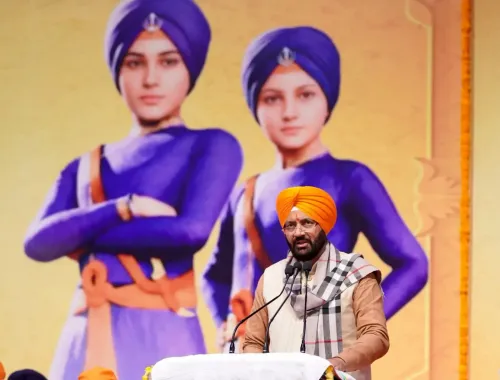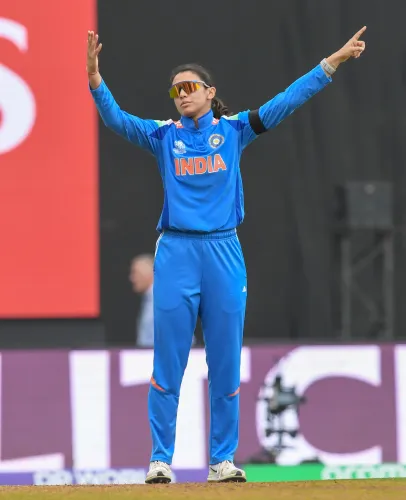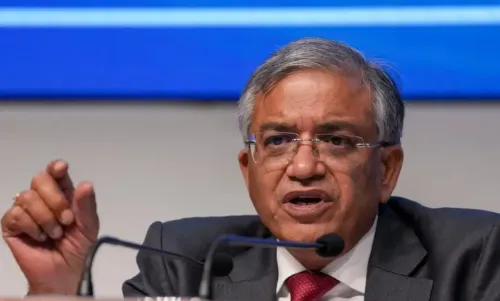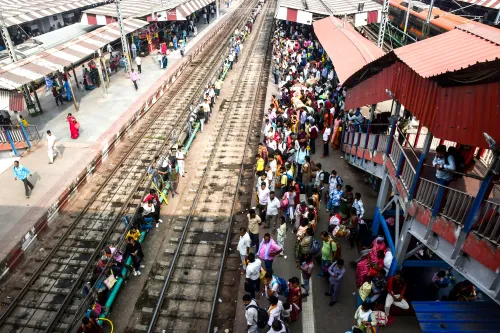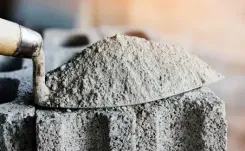When Will Axiom-4 Splash Down? Jitendra Singh Updates on Shubhanshu Shukla's Return
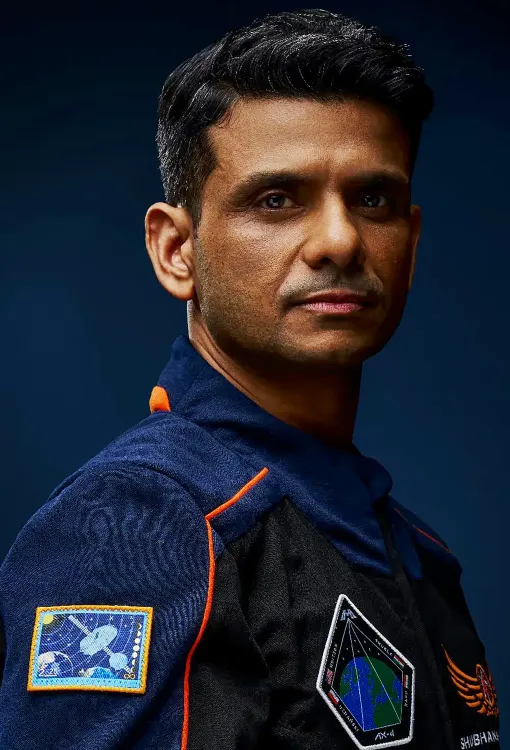
Synopsis
Key Takeaways
- Axiom-4 mission astronauts are set to splash down on July 15.
- Indian astronaut Shubhanshu Shukla made history as the first Indian at the ISS.
- The mission conducted seven groundbreaking experiments relevant to space science.
- Post-landing rehabilitation will last around seven days.
- This mission contributes to India's Gaganyaan human space flight program.
New Delhi, July 13 (NationPress) Union Minister Jitendra Singh announced on Sunday that the Axiom-4 International Space Station (ISS) Mission is set for a splashdown on Earth on July 15 at 3:00 p.m. IST.
Indian astronaut Shubhanshu Shukla, currently residing on the ISS, along with three additional crew members—Peggy Whitson, Sławosz Uznanski-Wisniewski, and Tibor Kapu—will undock from the Harmony module's space-facing port in the SpaceX Dragon spacecraft to return home.
In a post on X, Jitendra Singh mentioned, "Currently, undocking is planned for tomorrow, July 14 at 4:30 PM IST. The return to Earth, including splashdown, is scheduled for July 15 at 3:00 PM IST."
He further noted, "These timings allow for a margin of approximately 1 hour. Updates will be provided as necessary," he added.
The splashdown is anticipated to occur several hours after undocking, close to the California coastline in the Pacific Ocean.
IAF Group Captain Shukla is on a 14-day mission to the ISS. He made history as the first Indian to visit the ISS and the second Indian astronaut following Wing Commander Rakesh Sharma, who ventured into space in 1984.
During his time in orbit, Shukla conducted seven India-specific experiments, marking a significant advancement in India's Gaganyaan human space flight mission.
Among these were experiments aimed at understanding muscle loss, creating a brain-computer interface, and successfully sprouting green gram and fenugreek seeds in the conditions of space, among others.
The four astronauts executed several experiments, including the Indian strain of Tardigrades focusing on survival, revival, reproduction, and transcriptome: Myogenesis, which examined the effects of the space environment on human muscle cells; the sprouting of methi and moong seeds, important for crew nutrition; and the Cyanobacteria experiment, researching the growth of two varieties relevant to life support systems.
These experiments signify a major progress in space science and technology, contributing vital knowledge that will benefit Gaganyaan, the Bhartiya Antariksha Station, and future planetary missions.
Post-landing, Shukla and his fellow crew members will enter a rehabilitation program lasting about seven days, supervised by Flight Surgeons, to help them readjust to Earth's gravity.


